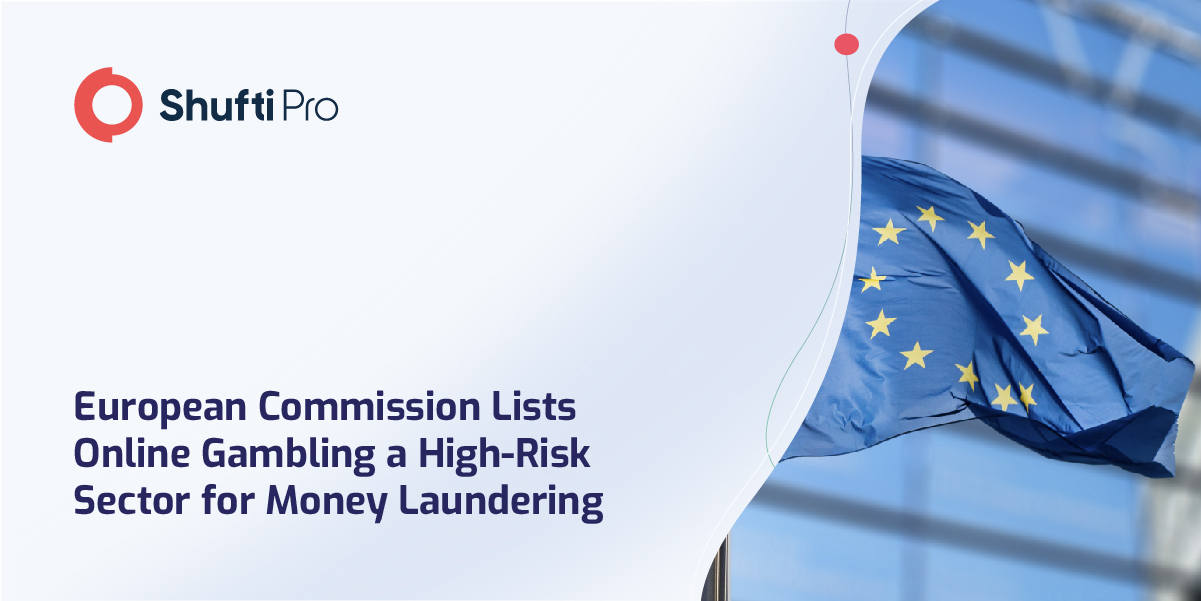European Commission Lists Online Gambling a High-Risk Sector for Money Laundering

The European Commission has listed online gambling as a high-risk avenue for money laundering after multiple assessments related to concerns about AML/CFT laws
The European Commission has increased the level of risk to its highest-ever rating for money laundering through online gambling. The authority has called for lowering the threshold for due diligence to prevent criminal activity. Multiple supra-national risk assessments are carried out by the European Commission to determine the concerns of terrorist financing and money laundering across various sectors by the European Union. The 2022 edition is the third assessment after the 2017 and 2019 editions from the EU.
“As with the previous reports, this third edition analyses the present ML/TF risks and proposes comprehensive action to address them,” the European Commission said.
It added, “It also assesses the degree to which the Commission’s recommendations for mitigating measures in the 2019 report have been implemented and evaluates the remaining risks.”
The particular focus of the report was on gambling activities, with each gambling vertical getting its own risk assessment. Online gambling was assessed to be vulnerable to terrorist financing and money laundering. The authorities have classified online gambling risks as “very high”, i.e., the highest possible level.
“Despite several risk-based measures already being implemented by many EU online operators (for example anti-money laundering training sessions for employees, customer due diligence, and ‘know your customer processes), the exposure to money laundering risks in online gambling is still rather high as it encompasses significant factors such as the non-face-to-face element, huge and complex volumes of transactions and financial flows,” the European Commission said.
The authority stated that digital currencies have made online gambling more vulnerable to money laundering. “Although not based on cash, it is closely connected to the use of e-money, and digital and virtual currencies which, for example, also increases the degree of anonymity for customers,” it said.
The commission also stated that operators self-regulate in many markets with a reasonable success rate but the authorities have failed multiple times to offer clarity to the industry.
“In many member states online gambling operators have developed a good level of self-regulation and risk assessment, although their cooperation with competent authorities and financial intelligence units could be improved,” it said.
“Operators believe that they do not get clear guidance on how to properly address the risks considering, in particular, the lack of feedback from financial intelligence units on suspicious transaction reports.”
Suggested Read: EU to Introduce Sixth ‘Anti-Money Laundering Authority’ for Crypto Oversight

 Explore Now
Explore Now













